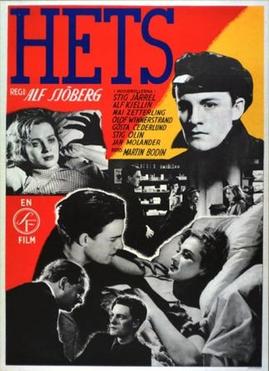It seems that Argentina is
experiencing its own Eyjafjallajökull in the guise of the Puyehue volcano in Chile. The newest volcano is easier to pronounce, and probably won't lead to as prolonged an air disruption as its Icelandic counterpart did last year, but the ash cloud has downed flights for a few days now and covered the city with a light dusting of gray soot. Add that to the gusts of exhaust bursting from the thousands of buses crawling the street, and it's not the best air out there right now. But the trash is mostly gone at least. Walking home the other day, a woman shook her head and summed up the situation well: "
Puta basura, puta coches."
It's been three weeks since I arrived in Argentina. But I was lucky enough to get through the airport delayed by a mere immigration strike, rather than a natural disaster.
Backtrack to the Ezeiza International Airport on May 18: Scotti plunks down to wait for me after her own 4 AM arrival on a different flight, as I wasn't scheduled to land until 9:40 AM or so. Around 10 AM, she wakes up with a start at the McDonald's, panicked that we'd missed each other. (We hadn't made any reservations, of course, relying instead on the conviction that surely we'd just find each other.) But when she sees the airport crawling with people waiting to pick up their charges, and hears a lady scream "
¡Puta inmigración, dos horas!, she knows she's probably safe. And she was—I was stuck on the other side of the wall in a line just inching along waiting to get my passport checked. The Argentine passport-holders were on the left, and the rest of us were on the right, and every ten minutes the left side erupted in snarls and jeers hurled at the striking workers in a volley of colorful slang that I had no hope of understanding. After about two hours, I finally made it through, seeing Scotti's head peep out from behind all the uniformed taxi drivers holding paper signs.
The ash has nothing to do with it, but I'm home from work today with a nasty cold. It's annoying, though, because I never once had to miss a day of work because of sickness, and now it happens in my first week here. But I guess that's what I get for leaving summer to come to winter—although I'd trade the Chicago winter for the Argentine any day. The temperature hovers around the low sixties during the day, dropping to the 50s at night. And I've only had one day of rain in three weeks, as long as you don't count the blizzard in Bariloche:

Wednesday marked my first full week at the firm. When I first arrived, the partner who brought me over here gave me "the talk," the same one he had given to the other three interns who had been there in the years before. I was there for an
experience, he said: I should make contacts, improve my Spanish, get to know Argentina, and above all
relax. The first few days I took his advice to heart, using the down-time to read about Argentine history and culture, but I have to admit that I'm already getting antsy. I've only been given a few tasks, and they've been pretty minor. Next week, when I'm well, I'm going to walk around to the other partners and proposition them for work.
For now, though, I'm learning a lot about project finance, something I had no idea even existed about a week earlier. The partner I work for has been commissioned to write an article about the topic, even though he doesn't know much about it either—he's in real estate, not government infrastructure and development contracts. So, Sol—a very sweet freshly-minted lawyer who just started at the firm (and is younger than me even)—and I have been given the task of "teaching him," i.e. writing the article for him. It's going to be in English, so a lot of it is my job. As a result, I've learned a lot about the Argentine economy of the past twenty years, and all I can say is that I'm glad I don't know it first-hand. This country has certainly been put through the grinder. It's the only country that's gone from first-world—in fact, one of the richest countries in the world—to third-world status. I saw one blog describe Buenos Aires as "the city of faded elegance," and I think that fits perfectly.
But certain parts of the city are brand-new, including the building where I work:

It's in the Puerto Madero district, a former rough-and-tumble area of docks and dikes that has been revitalized in the past twenty years. My building is the second from the right:

It's a really nice area to walk around during the long, luxurious lunch breaks (about 1.5 hours) and grab something to eat. And, Sol assures me, it's the safest part of all of Buenos Aires, because it's patrolled by the
Prefectura (the Navy) rather than the
policia because it's a port.
But I have yet to feel unsafe in this city. I live in a nice area, well-lit and bustling with people, and I haven't had any problems. On a night out with Scotti, though, I did get ripped off by a taxi driver, who switched my straight-from-the-bank 100 peso bill for a fake one when I wasn't looking. As my mom so aptly says, "they're all assholes."





















































